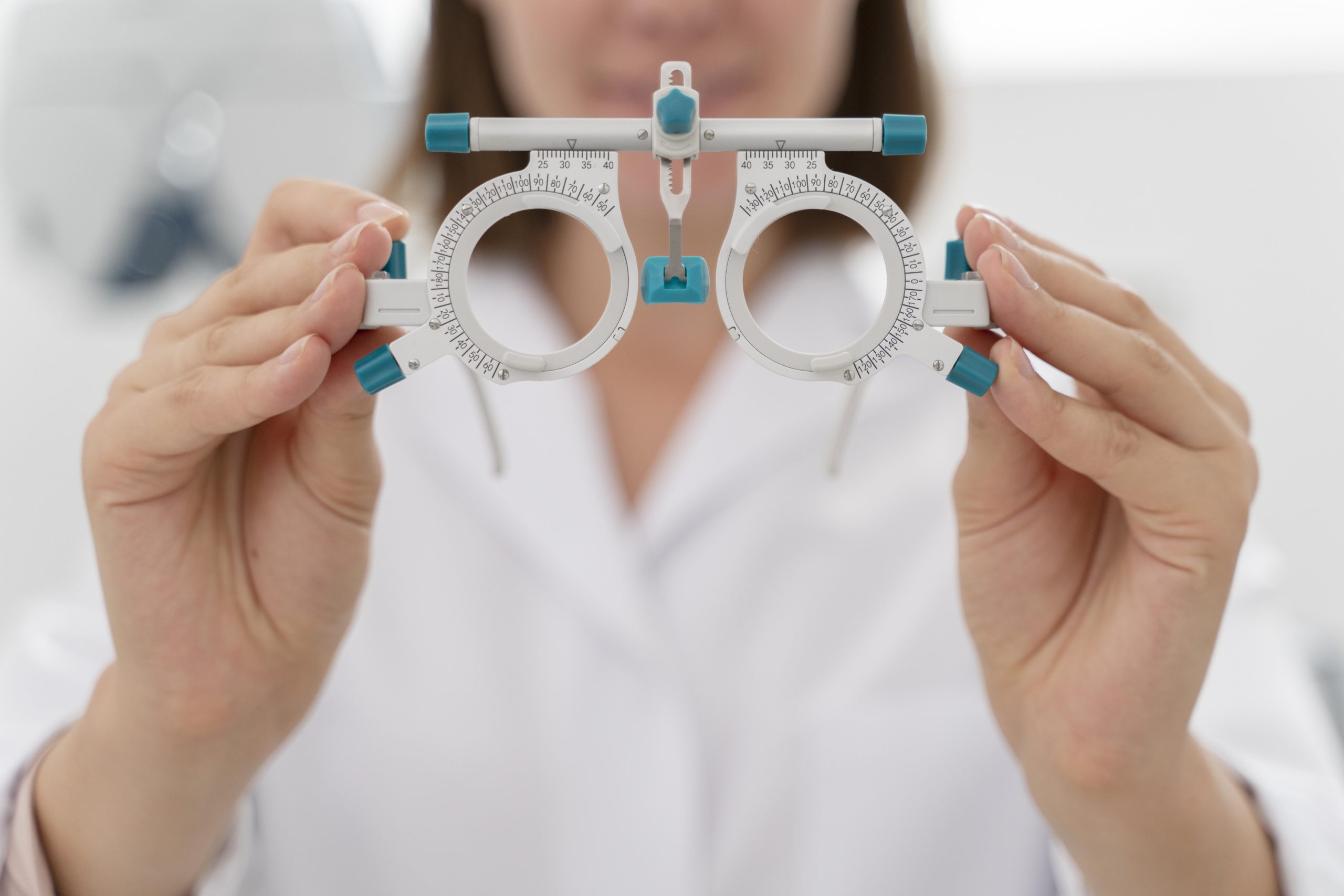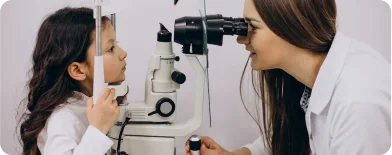Doctor referral
Arlington Eye Physicians would like to thank you for your referral and for the confidence you have in our group. We look forward to working with you in the future.
Top Payors ListGlaucoma
Glaucoma is a term used to describe different eye diseases that result in damage to the optic nerve with resultant vision loss. Most forms of glaucoma are associated...
Learn moreCataracts
Cataract is a clouding of the natural, crystalline lens of the eye. The natural lens is shaped with various layers and a central nucleus, and clouding may occur in any layer...
Learn moreRetina
Diabetic retinopathy is a complication of diabetes that affects the eyes. It is caused by damage to the blood vessels in the retina, the light-sensitive tissue...
Learn moreDry Eye
Dry eye syndrome is a common medical condition that affects millions of people in the United States. Symptoms of dry eye syndrome include stinging, burning..
Learn more

FAQ
What do I need to bring to my first appointment?
- At your first visit we require a state issued photo ID, a copy of your current insurance card, and a referral from your primary care physician if required by your insurance. Bringing pertinent medical records, a copy of your current medication list and any current glasses or contact lens information is also recommended. Your eyes will likely be dilated at your first visit and having a pair of dark sunglasses and someone to drive you would be helpful.
What is a dilated examination?
- Whether you are a new patient, require an annual examination, or require monitoring of the retina or optic nerve, dilation may be necessary for the doctor to perform a full examination. Dilation involves the application of an eye drop that dilates the pupil, allowing visualization of the internal structures of the eye. Dilation causes temporary light sensitivity and blurred vision, especially for near vision.
How long does dilation last?
- Dilation can have a variable duration depending on your age and eye color. Generally, it lasts for about 3-4 hours.
Can I drive after dilation?
- We recommend doing what you are most comfortable with. While some patients feel comfortable driving with their glasses or contacts, others do not feel comfortable. If it is your first time being dilated or if you prefer bringing a companion or ordering a driving service, please do so.
What is a comprehensive eye exam?
- A comprehensive exam consists of a measurement for glasses (refraction), assessment of eye pressure, and dilation to examine the external and internal eye structures.
How long will my eye exam take?
- The length of an exam depends on the complexity of eye conditions and whether testing is required. Generally, new patient visits take 1-1.5 hours. Comprehensive visits with dilation typically take 1 hour. Most follow-up visits average 15-30 minutes.
What is refraction and why does my insurance not pay for it?
- Refraction is the determination of the eye’s refractive error and the power of the lenses needed to correct the vision (glasses prescription). Most medical insurance plans do not cover the fee for refraction. Refraction is considered an important part of the eye exam and is generally recommended to be performed once a year. The fee for refraction is due on the date of your exam; upon request we will provide you with a copy of your receipt for submission to your vision insurance or HSA account.
What insurances do you accept?
- We except most major insurance payors such as Medicare, Blue Cross, Aetna, Humana, and Cigna. Prior to your appointment, we recommend contacting your insurance to confirm our physicians are in network. Our practice offers self-pay options in cases where your insurance is not accepted, or you are currently uninsured.
Are all of your offices part of the same insurance networks?
- Insurance contracting is specific by physician not facility. We recommend contacting your insurance company prior to your visit to confirm in network status.
Will my insurance cover the exam?
- Most medical insurance companies will cover your eye exam. However, some plans have a deductible or a coinsurance. Please contact your insurance company to find out if you will be responsible for any part of the bill. Our onsite billing office can assist you with any information you may need to verify coverage.
What forms of payment are accepted?
- We accept all major credit cards, checks, cash, and money orders
Is your office open on weekends?
- At this time, we do not have weekend hours. Our providers are available at all times for emergencies and may see patients over the weekend for emergency visits.
Do you accept old glasses for donation?
- Yes! We participate with Lyons Club, a respected volunteer organization that helps dispense your unused glasses to individuals in need. To make a donation, please stop by any one of our locations.





